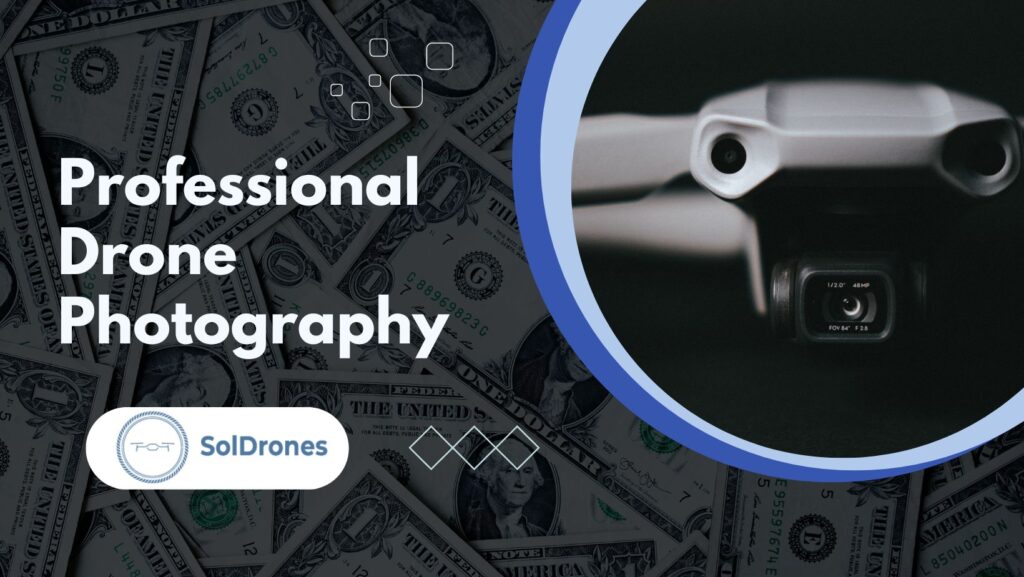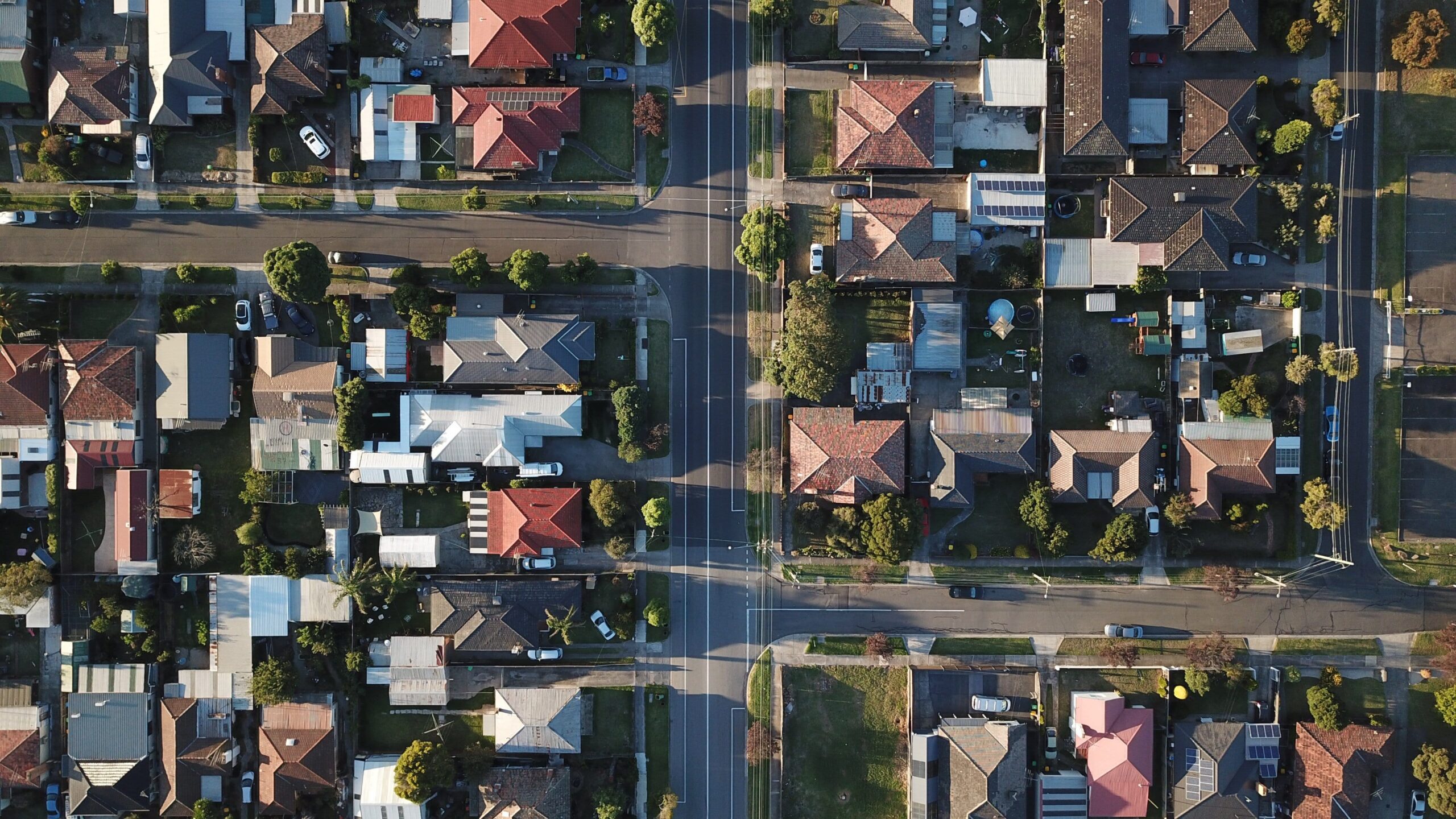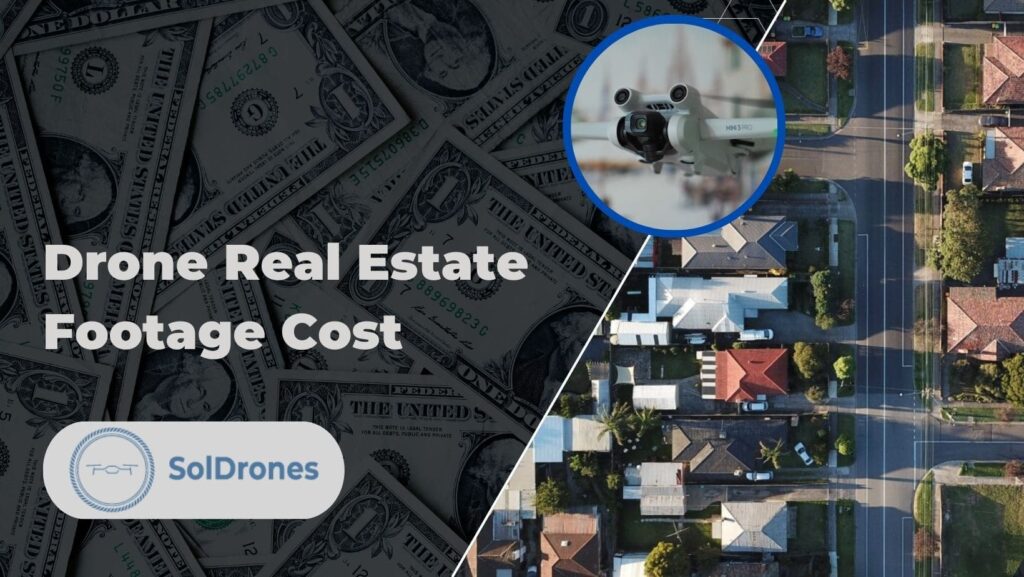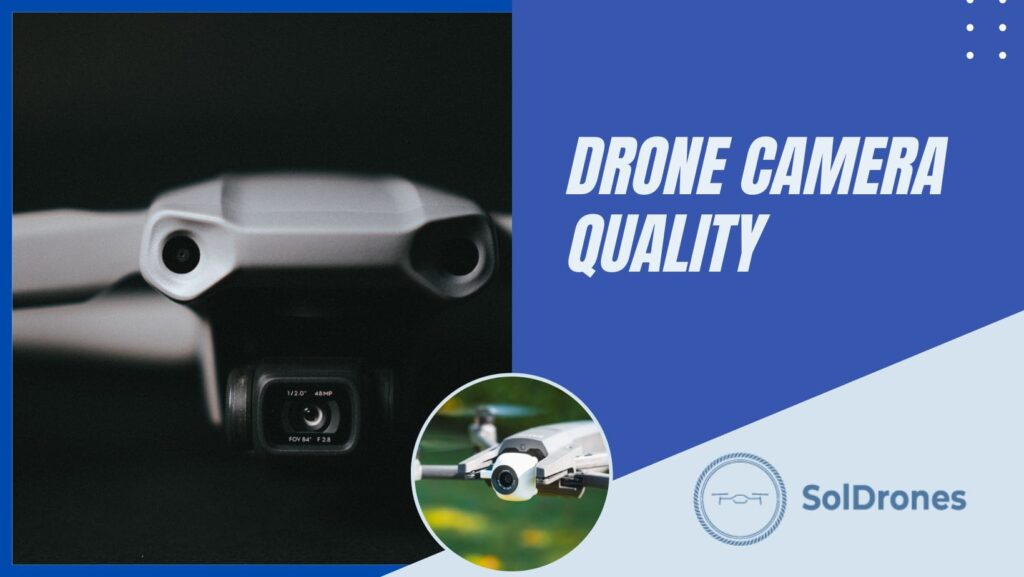If you’re a drone entrepreneur looking to start a commercial drone business with multiple income streams, you’ve come to the right place.
We often get asked, “Can I use my drone to capture images to sell? What about videos?”.
The answer is yes, you certainly can, and it’s less work than you would think.
Many drone photographers are getting discovered and earning an income by using sites like Pexels, where they post photos aerial photos that are then liked, shared, and spread throughout networks, creating great brand awareness. But, that’s just one way you can earn money with your drone.
In this article, we guide you through the avenues of turning drone photography into a lucrative venture, understanding where to sell that priceless footage, and the intricacies of becoming a professional in the field. Just as a camera doesn’t make one a photographer, a drone doesn’t automatically qualify you as a pro.
Just as a camera doesn't make one a photographer, a drone doesn't automatically qualify you as a pro.
By the end of this guide, you’ll have a good understanding of how to merge passion with profit and elevate your drone game.
Article Highlights:
- There are several key steps drone pilots must take before earning an income with their drone, such as becoming an FAA certified drone pilot
- Social media, networking, and photography platforms are some of the top ways to earn money with your drone
- Industries like real estate can offer lucrative rewards for drone pilots
The Basics: Becoming A Professional Drone Photographer
Stepping into the world of professional drone photography requires more than just passion—it calls for the right equipment, continuous learning, and adherence to regulations. There are several key steps all professional drone photographers need to take before becoming legitimate “businesses” that can earn an income with their drone. These steps do require investments from your own time and money, but if you’re willing to put in the work, you can achieve great results.
For example, Sasha Marceta is currently earning $3k/week with his real estate drone photography businesses. Check out his story in this video:
Video Credit: Extra Medium
Guess what the good news is? You can do the same. But first, let’s go through the basics.
Equipment Essentials
In the realm of drone photography, the quality of your equipment can make or break your results. It’s not just about having a drone; it’s about having the right drone
- High-definition cameras: These are crucial for capturing images that are sharp, vibrant, and full of detail. In a world where visual content is consumed voraciously, settling for anything less than high-definition can put you at a disadvantage.
- State-of-the-art drones with stabilization: The importance of stabilization cannot be overstated. It ensures that your shots are steady and free from the blurs that can result from sudden movements. Modern drones come equipped with advanced stabilization systems that can handle a variety of conditions, ensuring that your images remain crisp no matter the circumstances.
Education and Training
While natural talent plays a role, education and training are what refine that talent and turn it into a skill. The world of drone photography is vast, and there’s always something new to learn.
- Online courses: The internet is a treasure trove of knowledge. There are numerous courses available, tailored specifically for drone photography. These courses can provide insights into techniques, equipment handling, and post-processing methods.
- Hands-on training: Theory is one thing, but practical application is another. Engaging in hands-on training sessions allows you to apply what you’ve learned in real-world scenarios, helping you gain invaluable practical expertise.
Licensing & Regulations
Professionalism in drone photography isn’t just about skill; it’s also about legitimacy and safety.
- FAA (Part 107) commercial pilot’s license: This license is a must-have for anyone looking to turn their passion into a profession. It’s not just a piece of paper; it’s a stamp of approval that says you’ve met the standards set by the authorities.
- Dedication to the art and safety: Holding this license signifies more than just adherence to the law. It’s a testament to your commitment to mastering the craft and ensuring that every flight you undertake is conducted with the utmost regard for safety protocols.
Ways to Profit from Your Drone
In the rapidly advancing technological age, drones have transitioned from being simple recreational gadgets to potent business tools. For those who recognize their potential and are eager to exploit it, drones present a plethora of opportunities to generate income.
1. Selling Your Creative Works:
- Portfolio Development: Begin by curating a compelling portfolio. This serves as tangible evidence of your expertise and the quality of your work. A well-organized portfolio can be the difference between securing a client and being overlooked.
- Online Exposure: Wondering where to sell drone footage? Harness the power of online platforms. From personal websites to social media channels like Instagram and Facebook, ensure your aerial masterpieces gain the visibility they deserve. This is a primary step in understanding how to sell drone footage effectively.
2. Stock Photo & Video Platforms:
- Passive Income: One of the most attractive aspects of these platforms is the opportunity for passive income. Once your footage is uploaded and approved, every download translates to earnings.
- Choosing the Right Platform: Platforms like Shutterstock, iStock, Alamy, and Pexels are renowned for their extensive reach and credibility. They’re ideal for those looking to make money with their drone by selling high-quality images and videos.
3. Aerial Wedding & Event Photography:
- Modern Touch: Gone are the days when wedding albums were limited to ground-level shots. Today, aerial photography adds a unique perspective, capturing the grandeur of venues and the joy of celebrations from above.
- Collaboration: Partner with established wedding photographers. By offering aerial shots, you’re introducing a niche service, setting the collaboration apart from competitors.
4. Real Estate Drone Photography:
- Elevating Listings: Aerial visuals provide potential buyers with a comprehensive view of properties, be it cozy residential homes or sprawling commercial estates. Such visuals can significantly enhance the appeal of property listings.
- Building Relationships: Foster partnerships with real estate agencies. By offering them a competitive advantage with aerial shots, you’re cementing a mutually beneficial relationship, essential for starting a commercial drone business.
5. Inspections with Drones:
- Beyond Beauty: Drones aren’t just about capturing stunning visuals. They’re instrumental in sectors like insurance, construction, and agriculture.
- Specialized Equipment: Tools like thermal imaging cameras can be attached to drones, enabling detailed inspections. For instance, in the utility sector, drones can identify overheating components in power lines or transformers, ensuring timely maintenance and preventing potential hazards.
It’s probably clear to you by now that a drone isn’t merely a device with a camera that soars in the sky. In adept hands, it transforms into a multifaceted business asset, opening doors to numerous revenue streams. For those contemplating starting a commercial drone business, the sky isn’t the limit; it’s just the beginning.
Marketing Yourself and Finding Clients
As drones continue to reshape industries and introduce new artistic avenues, being a skilled pilot isn’t enough; you must also navigate the vast digital landscape to stand out.
- Building an Online Presence: In today’s digital age, a compelling website acts as your business card, portfolio, and testimonial page all in one. Coupled with vibrant social media profiles, it gives potential clients a window into your capabilities.
- Networking: Immersing yourself in the drone community by joining enthusiast groups and attending industry events provides both learning and client acquisition opportunities. Further, partnerships with professionals in related fields can open doors to projects you hadn’t considered.
- Pricing Your Services: While passion drives many drone pilots, profitability ensures sustainability. Being cognizant of market rates and setting competitive yet profitable prices ensures a balance between attracting clients and maintaining a viable business.
In essence, your skills as a drone pilot and the quality of your work might get your foot in the door, but effectively marketing yourself ensures you’re invited to stay.
Tips for Success in Drone Photography Business
Even with the most advanced equipment and a burgeoning client list, maintaining and growing a successful drone photography business demands unwavering commitment to certain principles.
- Constant Learning: Drone technology and industry landscapes shift rapidly. To remain at the forefront, an entrepreneur must habitually update their knowledge on the latest drone technologies and ever-evolving industry trends.
- Ethics & Privacy: A lens in the sky holds enormous power, but with that comes responsibility. Recognizing and respecting privacy ensures trust in the community and a reputation for professionalism.
- Diversifying Your Portfolio: A testament to adaptability and skill, a diverse portfolio showcases versatility. Including shots from different sectors not only displays range but also widens potential clientele.
Success, as many know, is no accident. In drone photography, it’s a mix of relentless pursuit of knowledge, adherence to ethical practices, and an ever-expanding portfolio that sets the benchmarks.
Final Thoughts
Navigating the dynamic world of drone photography requires more than just skill behind the controls. From understanding essential equipment and abiding by regulations to marketing oneself effectively and adhering to best practices, the journey to success is multifaceted. Profiting from drones involves both active engagement—like event photography and real estate—and passive avenues, such as stock platforms.
Yet, at its core, this endeavor is about constant evolution, ensuring respect for privacy, and showcasing versatility through a diversified portfolio. Aspiring drone photographers must remember: In this rapidly advancing field, a combination of technical expertise, ethical conduct, and business acumen is the key to soaring high.
FAQs
Can I legally sell the images and footage captured by my drone?
Yes, you can sell drone-captured images and footage, but ensure you have the necessary FAA (Part 107) commercial pilot’s license and adhere to all local regulations.
Where are the best platforms to sell my drone footage?
Popular platforms include Shutterstock, iStock/Getty, Alamy, and Adobe Stock. These sites offer varying commission rates and reach, so it’s essential to research which is best for your content.
How can I become a professional drone photographer?
Begin with the right equipment to capture high-quality images. Invest time in education and hands-on training. Obtain the FAA (Part 107) commercial pilot’s license, and always stay updated with the latest drone technologies and industry trends.
What are the pricing models for drone photography services?
Pricing models can vary based on market rates, experience, and niche. Research competitors’ rates, understand your target audience’s budget, and consider factors like equipment costs and time spent on a project.
Is diversifying my drone photography portfolio necessary?
Yes, having a diverse portfolio allows you to showcase versatility and appeal to a broader range of potential clients. Whether it’s aerial shots of events, real estate properties, or industrial inspections, different sectors offer unique opportunities.






